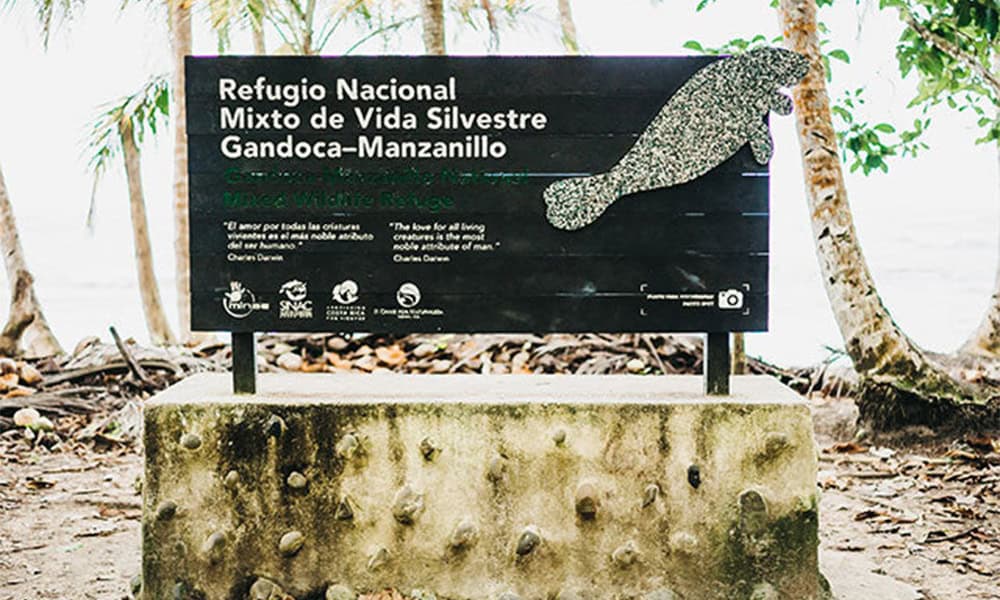In Costa Rica, a country renowned for its stunning landscapes and friendly locales, a less welcome feature has been gaining prominence—sophisticated scams targeting foreign tourists. The Judicial Investigation Organization (OIJ) has recently highlighted a rising trend where visitors, predominantly from Europe and the United States, are falling prey to fraudulent cab drivers who are turning their arrival into an expensive ordeal.
Here’s a breakdown of how this elaborate scam unfolds and what tourists can do to avoid falling victim:
- The Setup: Impersonating Cab Drivers Scammers at airports and bus terminals pose as legitimate taxi drivers, complete with badges and signs suggesting they offer official information and services. These faux drivers approach unsuspecting tourists, offering to transport them to their hotels in the capital city.
- The Detour: Long Routes and High Fees Once the tourists are in the car, the driver exploits their lack of local knowledge. Instead of taking a direct route to the destination, the driver veers off-course, passing through various towns like Alajuela and Heredia. This not only elongates the journey but also jacks up the fare astronomically.
- The Exorbitant Charge: A Costly Arrival At the journey’s end, tourists are often shocked to find themselves being charged around $200 or 100,000 colones, far exceeding reasonable fares for the distances covered. In some cases, drivers have been reported to coerce tourists into withdrawing the hefty fare from ATMs.
- Avoiding the Trap: Knowledge is Power To combat this scam, the OIJ advises tourists to educate themselves on typical transportation costs in Costa Rica. Airports and bus terminals are encouraged to post information about average cab fares based on distance, helping travelers make informed decisions.
- The False Advertisement Scam: Vacation Home Rentals Another common deceit involves the rental of vacation homes. Scammers advertise attractive properties at great prices on less reputable sites. When visitors arrive, they discover the property is not as advertised—if it exists at all. After payment is made, the scammer cuts all communication, leaving tourists stranded and out of pocket.
- Safeguarding Your Trip: Reliable Booking Platforms To avoid the vacation rental scam, the OIJ recommends booking accommodations only through reliable platforms. These sites offer customer protection and verification processes to ensure the property matches its listing, providing recourse in case of fraud.
What Tourists Can Do:
- Verify Taxi Credentials: Always check that the taxi is an official airport taxi (typically red or orange) and that the driver has proper identification.
- Use Official Taxi Stands: Avoid accepting rides from freelance operators who approach you at the airport.
- Pre-arrange Transfers: Consider booking your airport transfers through your hotel or a reputable travel agency.
- Educate Yourself About Local Prices: Knowing the typical costs of services in Costa Rica can help you spot when you’re being overcharged.
- Use Trusted Rental Platforms: Book accommodations through well-known platforms that offer user reviews and secure payment options.
By staying vigilant and informed, tourists can enjoy the natural beauty and warmth of Costa Rica without falling victim to these costly scams.
Source link
admin



